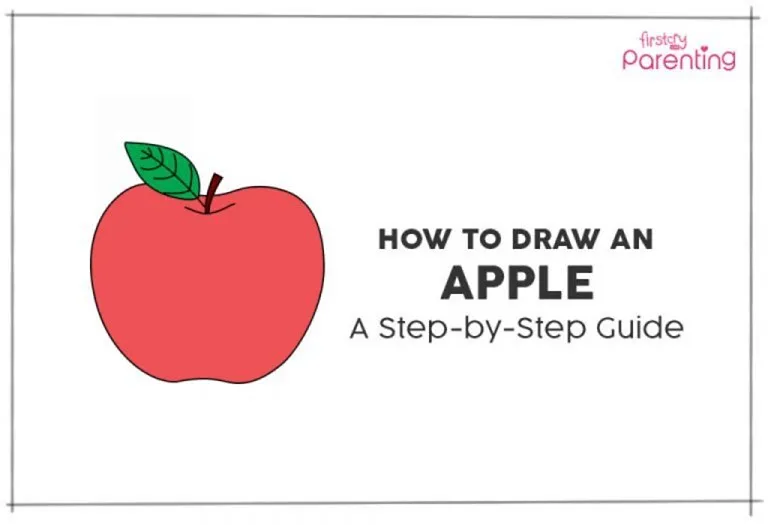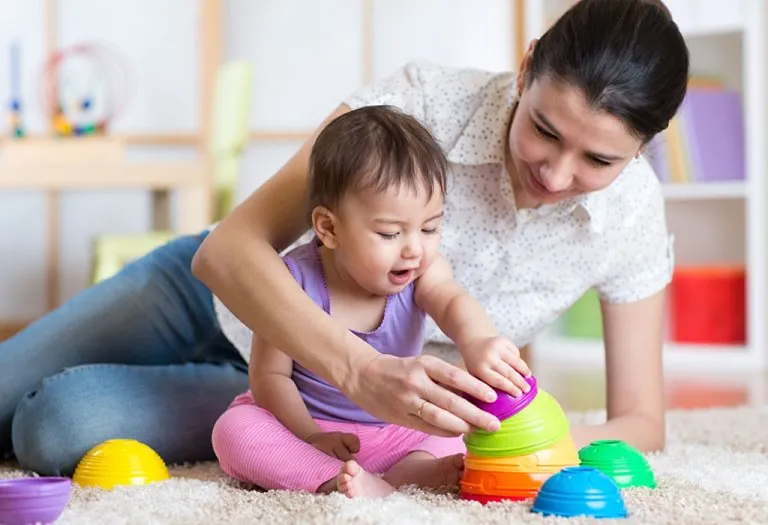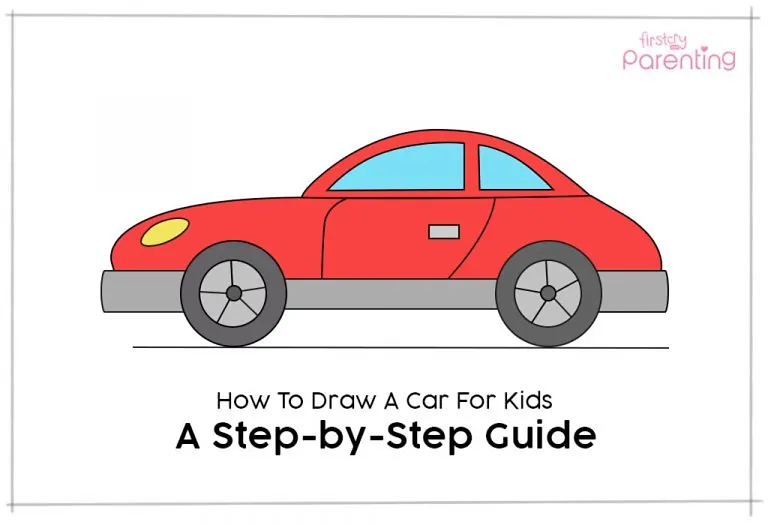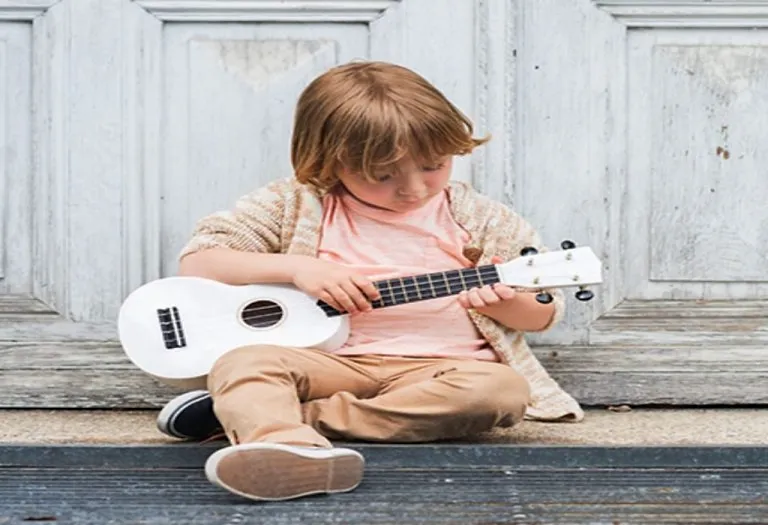Ways to Improve Memory Retention in 17 Months Old
The level of memory retention in a 17-month-old child is quite limited. Known as infantile amnesia, there are interesting reasons why kids fail to remember things like their first birthday or their first favourite toy. Parents, for their part, can help enhance their toddlers’ memories with a few activities.
How far back can children recall things? Just as you find it tough to remember the first few months after your birth, your toddler suffers from the same memory loss, too. He’ll find it quite hard to recall his first memory experiences. So, when do babies start remembering? Let’s take a closer look at the limitations of memory retention in kids.
An Insight Into Toddlers’ Memory Development
1. Pace of Memory Development
Infantile amnesia can be best explained by the pace of brain development in toddlers. At about two years of age, a toddler’s brain develops actively and learns intensely. Specifically, new synapses – such as the connection between neurons – disappear and form constantly. So, the brain keeps forming extra connections without knowing which will be useful. At a later stage, it removes the less important ones. Infantile amnesia is commonly recognised for the lost episodic memories during the first few years of life (generally 0–3 years) (1). Episodic memories are also coined as autobiographical memories, hippocampal memories, and hippocampus-dependent memories (2).
2. Selective Memory Retention and Recall in Children
Aside from a few exceptionally emotional or traumatic memories that babies retain, toddlers forget most of their earliest memories they experience around the age of two (3). For instance, a child may vaguely remember a car accident she was involved in at the age of 2. Others may remember drowning, falling off a horse, or a sibling’s birth at home. These are experiences that caused emotional stress of some kind in infancy and are remembered for long.
3. No Long-term Memory
Long-term memory retention and recall are quite poor in children aged about 15 months or less. Even though these young ones get to know their moms and dads via daily visual contact, they fail to remember or learn much at this stage. As they use their short term memory only, it’s best to limit teachings to simple things.
4. When Does a Child Start to Remember Things?
The frontal lobe of a toddler’s brain, which is the region associated with the retention and retrieval of memory, fails to mature before 12 months after birth. According to experts, 6-month-old babies usually remember things for up to 24 hours. At about 9 months, they start remembering events for almost a month. However, it’s only when they are about 17 months or older that they begin developing powers of recall for four months or more.
5. Retrieval of Memory in Children
The period pertaining to how far back toddlers can remember, and the methods of memory retrieval, are important factors that influence what can be recalled. Along with the emotions associated with a specific event, the age of a child when the remembered event took place, and the age when he has to recall a memory, matters too.
FAQs
1. Who do people forget details about their early childhood years?
Many experts refer to this situation as the phenomenon of “childhood amnesia,” where the brain forgets the early days of infancy and childhood as the brain that is responsible for storing long-term, conscious memories is not fully developed until later in childhood.
2. What can parents do to ensure children remember the best of their memories?
Parents can engage children in memory-sharpening activities like memory games and recalling activities to ensure children’s brains frequently revisit old memories and retain them (4). Frequently reading interactively, creating a routine, engaging in conversations, and getting adequate sleep also help improve memory in children.
There are many ways to improve memory retention in toddlers. You can play ‘I spy’ games, sing to your child, and praise him enthusiastically when he remembers something. As he grows older, move toward asking questions, encourage him to help you complete a familiar bedtime story, and motivate him to recite his favourite nursery rhymes.
References/Resources:
1. Alberini CM, Travaglia A. Infantile Amnesia: A Critical Period of Learning to Learn and Remember. J Neurosci.; PubMed Central; https://www.ncbi.nlm.nih.gov/pmc/articles/PMC5473198/; June 2017
2. Donato F, Alberini CM, Amso D, Dragoi G, Dranovsky A, Newcombe NS. The Ontogeny of Hippocampus-Dependent Memories. J Neurosci.; PubMed Central; https://www.ncbi.nlm.nih.gov/pmc/articles/PMC7880290/; February 2021
3. Wolf. M. R, et al.; ‘Black Holes’ in memory: Childhood autobiographical memory loss in adult survivors of child sexual abuse; European Journal of Trauma & Dissociation, Volume 6, Issue 1; https://www.sciencedirect.com/science/article/abs/pii/S246874992100034X; February 2022
4. How to Help Kids With Working Memory Issues; Child Mind Institute; https://childmind.org/article/how-to-help-kids-with-working-memory-issues/
Also Read:
17 Months Old Baby Food
17 Months Old Baby Growth and Development
Tips for Helping Toddler to Throw Ball Correctly
Was This Article Helpful?
Parenting is a huge responsibility, for you as a caregiver, but also for us as a parenting content platform. We understand that and take our responsibility of creating credible content seriously. FirstCry Parenting articles are written and published only after extensive research using factually sound references to deliver quality content that is accurate, validated by experts, and completely reliable. To understand how we go about creating content that is credible, read our editorial policy here.














.svg)
















